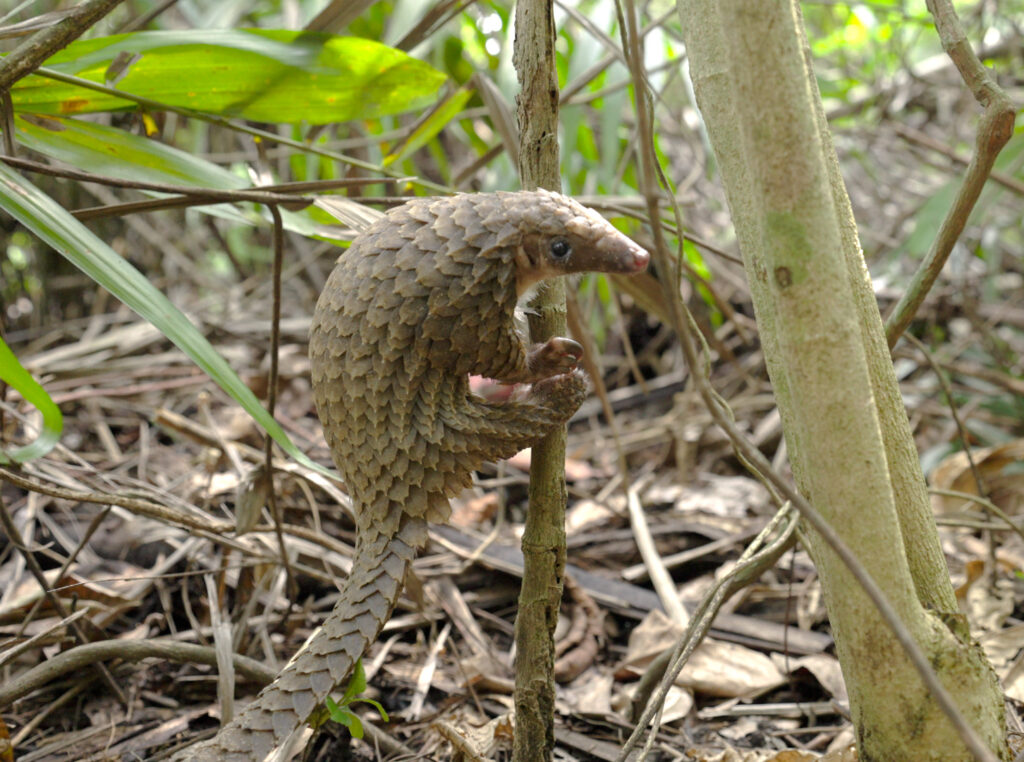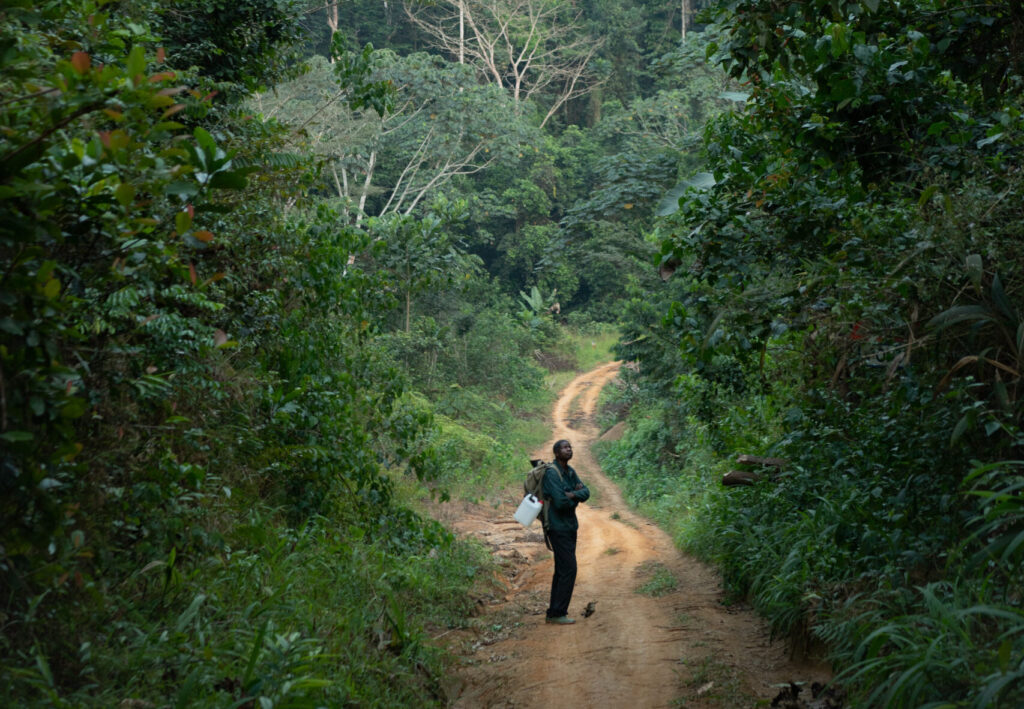
Cameroon’s new forestry and wildlife law marks an important step forward in the fight to protect the nation’s rich biodiversity.
The new law, passed by parliament at the end of July, represents a major revision of legislation originally established in 1994. It considerably strengthens the framework for protecting the nation’s forests and wildlife while preserving the customary rights of local communities.
After many years of consultation between stakeholders, the law introduces new measures to regulate the use of wildlife resources and protect natural habitats, provides a legal framework for sustainable wildlife management, and introduces tougher penalties for wildlife crime.
“Above all, it addresses emerging issues relating to the renewal of natural resources, climate change, and the fight against poaching and wildlife crime,” said Elias Georges Messina, head of the legal unit of the Ministry of Forestry and Wildlife (MINFOF).
“The new law sends a strong signal that Cameroon will no longer tolerate the illegal exploitation of its wildlife,” said Jennifer Biffot, WildAid representative for Francophone Africa. “It demonstrates Cameroon’s firm commitment to safeguarding its natural heritage and guaranteeing the conservation of endangered species for future generations.”


In particular, the new law significantly bolsters the protection of Class A protected species, including gorilla, chimpanzee, elephant, lion, giraffe, leopard, and all three species of pangolin found in the country, as well as dozens of bird species such as the Yellow-casqued Wattled Hornbill and African Grey Parrot.
It introduces tougher penalties, including fines ranging from 20 to 50 million francs (34,000-84,000 USD) and/or prison sentences between 15 and 20 years for those found guilty of slaughtering, capturing, keeping, or marketing Class A protected animals.
In a statement, MINFOF’s Messina highlighted several measures to rationalize and decentralize forestry management and promote the participatory management of resources.
“As part of the fight against climate change, the law extends its scope to new challenges, including the restoration of landscapes, and the fight against deforestation and degradation,” he added. “It clearly recommends that the financial resources generated by the exploitation of forests contribute to the renewal of the resource.”
Cameroon contains some of the richest forests in the Congo Basin in terms of biodiversity but also some of the most threatened by logging, agriculture, and bushmeat hunting, according to Global Forest Watch (GFW). Between 2002 and 2023, Cameroon lost 5.1% of its humid primary forest (mature rainforest), GFW estimates.
Messina said the law strengthens the involvement of local communities in the management of wildlife and protected areas, through the creation of community protected areas and the development of protected areas through revenues generated by ecotourism.


For the first time, it includes measures to mitigate human-wildlife conflicts, through compensation for those affected by damage caused by certain protected species. It also strengthens the economic value of protected areas, through the establishment of public-private partnerships for the management of those areas, in an effort to generate new investments and boost ecotourism.
Finally, Messina noted that the law supports the establishment of cross-border management of protected areas with neighboring countries. In April, Cameroon and Nigeria signed a historic agreement to jointly tackle wildlife crime across and along their 1,300-mile (2,100-km) border.
“WildAid congratulates the Cameroonian authorities for the passage of a new wildlife and forestry law,” said Simon Denyer, Africa Program Manager for WildAid. “This legislative milestone represents a significant step forward in the protection and preservation of Cameroon’s rich biodiversity. The challenge now is to raise awareness about the new law, and to ensure effective enforcement of its provisions.”
WildAid remains dedicated to supporting the implementation of this law and continuing its collaborative efforts to ensure a sustainable and thriving environment for future generations of Cameroonians.
Stay in touch and get the latest WildAid updates.
SIGN UP
